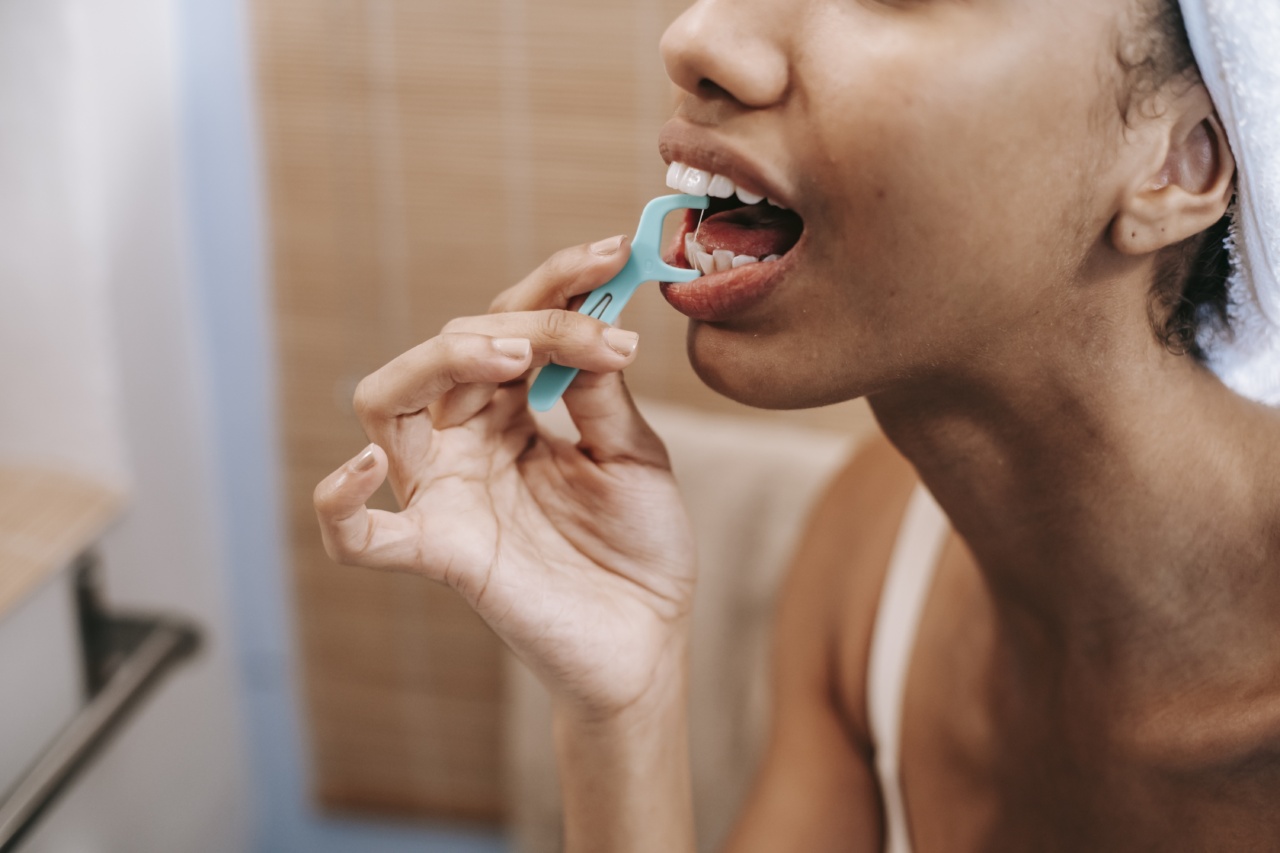Prostate cancer is one of the most common types of cancer affecting men globally. While some risk factors like age and family history cannot be controlled, there are several habits that men can adopt to reduce their risk of developing prostate cancer.
Making these habits a part of your daily routine can significantly contribute to preventing prostate cancer and maintaining overall good health. Here are seven essential habits that every man should consider:.
1. Maintain a Healthy Diet
Eating a well-balanced diet is crucial for maintaining optimal prostate health. Focus on incorporating fruits, vegetables, whole grains, lean proteins, and healthy fats into your daily meals.
Include foods rich in antioxidants, such as tomatoes, berries, broccoli, and spinach. Limit your intake of processed foods, sugary snacks, and excessive amounts of red meat. Opt for healthier cooking methods like grilling, steaming, or baking instead of frying.
2. Stay Physically Active
Regular exercise is not only beneficial for overall fitness but also plays a crucial role in preventing prostate cancer. Engage in moderate-intensity activities like brisk walking, swimming, cycling, or playing a sport for at least 150 minutes per week.
Additionally, incorporating strength training exercises twice a week can further enhance prostate health. Maintaining a healthy weight through exercise also helps reduce the risk of prostate cancer.
3. Quit Smoking
Smoking is detrimental to your overall health and significantly increases the risk of developing various types of cancer, including prostate cancer. Quitting smoking is one of the best decisions you can make for your well-being.
Seek support from healthcare professionals, join smoking cessation programs, or explore nicotine replacement therapies to help you overcome nicotine addiction. Quitting smoking not only reduces the risk of prostate cancer but also improves your overall quality of life.
4. Limit Alcohol Consumption
Excessive alcohol consumption is associated with an increased risk of prostate cancer. It is essential to consume alcohol in moderation or eliminate it altogether. The recommended limit is no more than two drinks per day for men.
Excessive alcohol not only affects prostate health but can also lead to other health conditions. If you find it challenging to control your alcohol intake, consider seeking professional help or joining support groups.
5. Get Regular Check-Ups
Early detection is key to successfully treating prostate cancer. Therefore, it is crucial to schedule regular check-ups with your healthcare provider.
Discuss your concerns and ask about prostate-specific antigen (PSA) testing, which helps in detecting prostate-related problems. PSA testing is recommended for men aged 50 and above, or at an earlier age if you have risk factors such as a family history of prostate cancer.
Regular check-ups allow for timely detection and intervention, improving the chances of successful treatment.
6. Reduce Stress Levels
Chronic stress has a negative impact on overall health, including prostate health. High-stress levels can weaken the immune system and contribute to the development and progression of various diseases, including prostate cancer.
Find effective ways to manage stress, such as engaging in relaxation techniques, exercise, mindfulness meditation, or hobbies that bring you joy. Prioritizing self-care and taking regular breaks from work or other responsibilities can also help reduce stress levels.
7. Stay Informed about Prostate Health
Knowledge is power when it comes to preventing prostate cancer. Stay informed about the latest developments in prostate health and educate yourself about the risk factors, symptoms, and prevention strategies.
Regularly consult reliable sources such as healthcare professionals, reputable websites, and educational materials to enhance your understanding of prostate health. Being proactive and informed will enable you to make better choices and take necessary actions to protect your prostate.
By adopting these seven habits into your lifestyle, you can significantly reduce the risk of developing prostate cancer and improve your overall well-being.
Remember, prevention is always better than cure, and taking proactive steps towards maintaining prostate health is crucial for leading a long and healthy life.





























